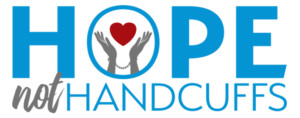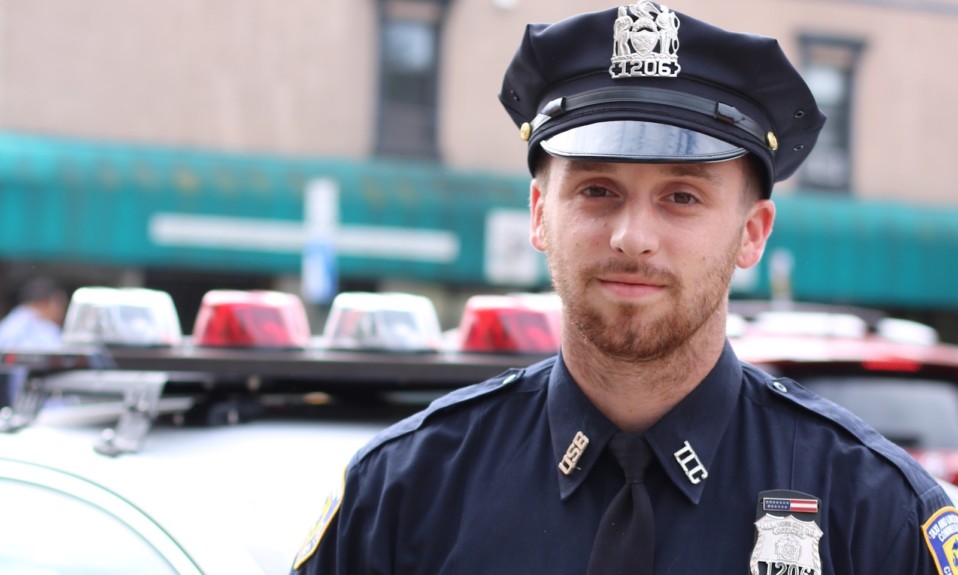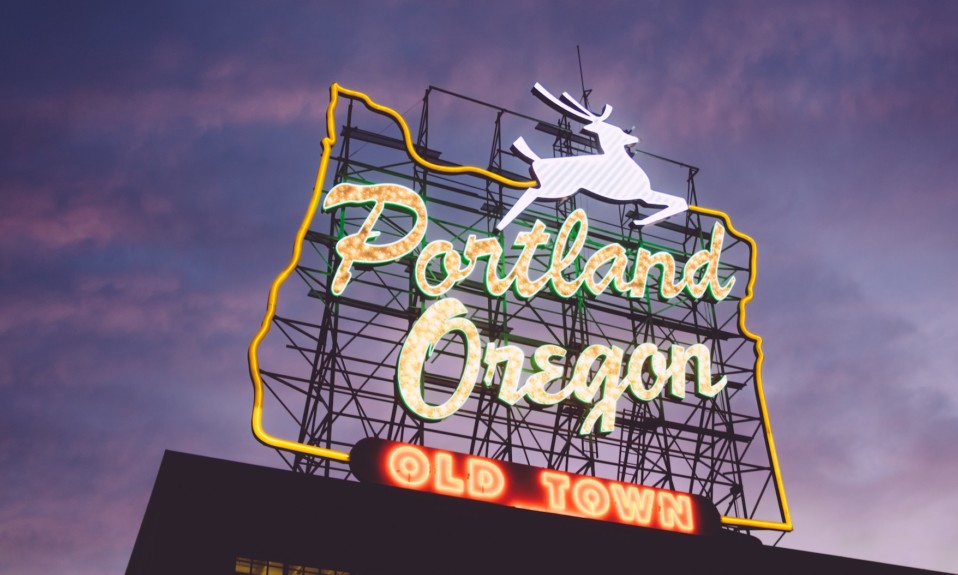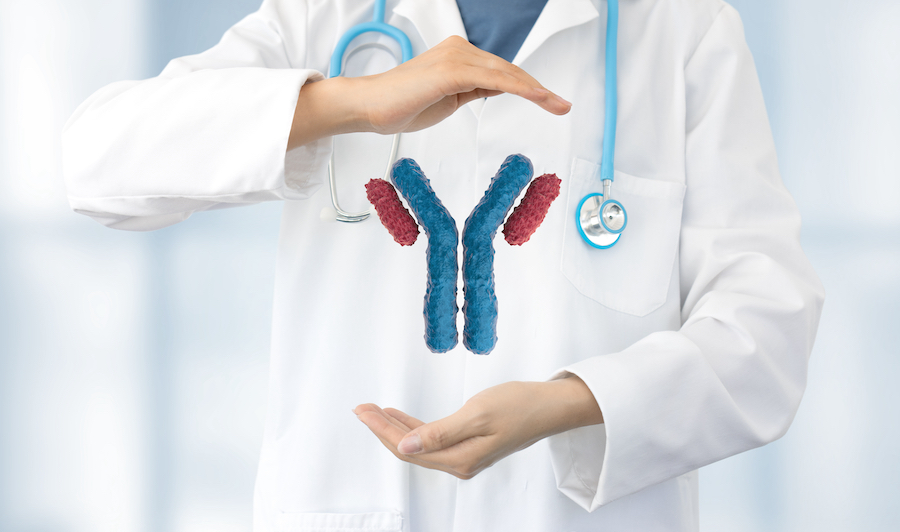More law enforcement departments recently signed on with Hope Not Handcuffs, an organization designed to focus on treating, not criminalizing, people with addiction
By Jason Langendorf
Intentionally or not, law enforcement traditionally has served as one of the barriers keeping people with addiction from accessing the treatment they need. One grassroots nonprofit group is working toward turning that wedge into a bridge.
People suffering with an opioid dependency are victims, too. Our focus in law enforcement must always remain on helping the victims.”—Erik Grutzner, Pleasantville (N.Y.) police chief
Hope Not Handcuffs is a collaborative between Families Against Narcotics (FAN), an organization based in Macomb County, Mich., and more than 100 police agencies across Michigan and New York. That list of partners grew last week when police chiefs from 15 departments across Westchester County in New York agreed to participate in the program, which is designed to motivate law enforcement organizations to help people with addiction access quality treatment, rather than criminalize them.
“We’re supposed to be solving problems, not just arresting people,” Pleasantville, N.Y., police chief Erik Grutzner said in a press conference announcing the agencies’ participation. “And this is a problem that has been knocking on our door.”
Building Trust with Law Enforcement
Because people with addiction have been criminalized for decades, they may be skeptical of and uncooperative with law enforcement, which perpetuates the cycle of missed opportunities to connect them with the care they need. According to Drug Policy Facts, the number of total drug arrests in 2019 was 1,558,862—almost three times the number of arrests made in 1980.
As part of Families Against Narcotics’ mission to save lives and reduce the stigma of addiction, Hope Not Handcuffs is designed to ensure that any person with addiction can walk into a participating police agency to ask for support and receive it. The FAN Hope Not Handcuffs website says, “They will be greeted with support, compassion and respect,” as the organization’s law enforcement partners connect them with one of hundreds of volunteer “Angels” who assist with program intake and paperwork.

Applicants may be refused if they have a felony on their record, have a domestic violence warrant, are a danger to others or have a medical condition that may require hospitalization. Otherwise, they will be placed for treatment through the local office of substance abuse services. There is no cost for the uninsured and those with Medicaid whose income is under $20,000 annually, while others may incur a minimal cost.
As drug policy methods such as harm reduction and decriminalization gain momentum, it’s more likely that programs such as Hope Not Handcuffs can succeed and people who use drugs will begin to build trust with the officers whose charge it is to protect the public.
“People suffering with an opioid dependency are victims, too,” Grutzner said. “Our focus in law enforcement must always remain on helping the victims.”
Photo: Jacky Lam













